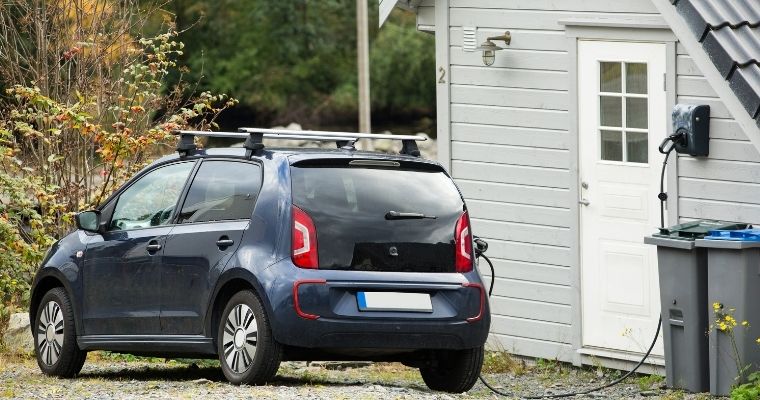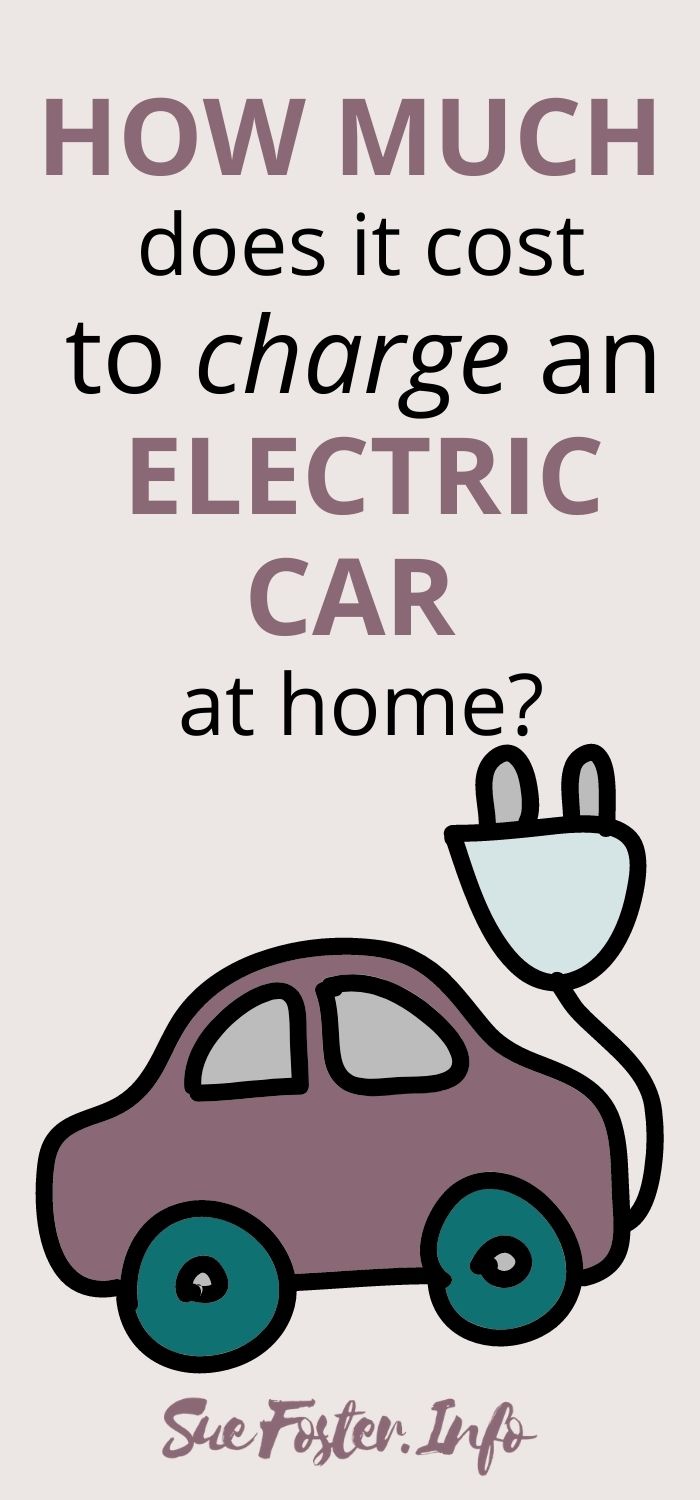The popularity of electric vehicles has surged in recent years as more people have prioritised green living. Pure EVs produce zero carbon emissions, which helps to hugely improve air pollution. Although the initial cost can be expensive, it’s a worthy investment as they are far cheaper to run long term than petrol or diesel motors.
Rather than having to pay to use EV chargers at certain locations, you can install an at-home electric vehicle charger in your garage or on your drive to seamlessly incorporate charging into your daily schedule. This allows you to charge your EV overnight or whenever your vehicle isn’t in use so it’s always ready to go when you need it. But how much does it cost and is it cheaper than using public charging points?

Buying and installing the charger
A home charger can be bought and installed for around £1000 but the exact price will depend on the brand and model of both your car and the charger.
The government offers grant funding via the Office of Low Emission Vehicles (OLEV) to support the use of at-home charging portals for EVs. If you meet the criteria, you could receive a discount of up to £350.
To simplify this process, the BOXT online tool helps you find the most suitable chargers for you by asking you a few questions about your home and vehicle. If you’re eligible, the OLEV grant discount will be included in the purchase price. On top of that, they arrange the entire installation process and can have your EV charger installed as soon as the next day.
How much does the charging cost?
Once you’ve paid for the charger itself, investigate how much it will increase your energy bills. To minimise your electricity costs, find a supplier who caters towards EV drivers. Some energy providers will offer discounts if you buy or lease an EV and others will provide a cheap off-peak tariff.
EDF Energy currently offers a tariff of 8p per kWh during off-peak hours (9pm to 7am). To fully charge a 60kWh EV on this price would cost £4.80 and give you 200 miles of range.
Smart chargers and smart meters help you monitor how much energy you’re using so you don’t lose track of your usage and how much it’s costing you.
Is this cheaper than public charging points?
There are several free public EV charging points around the country, but this varies depending on the network, location, and power rating.
If you were to instead use a rapid public charging portal to gain 100 miles of range, it would cost £6.40 for half an hour of usage.
Investing in an at-home charging portal makes charging your EV far more convenient and can reduce your long-term running costs making it a valuable investment and worthy addition to your home.


